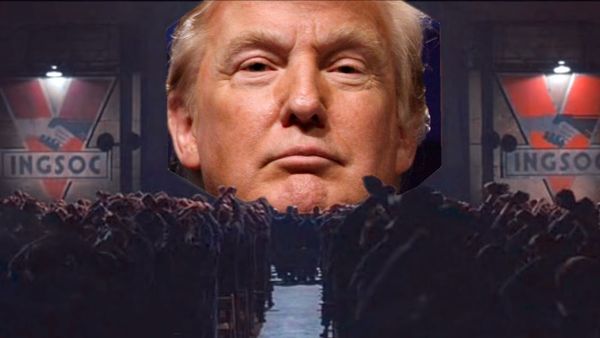"Empathy is not endorsement. Empathizing with someone you profoundly disagree with does not compromise your own deeply held beliefs and endorse theirs. It just means that you're acknowledging the humanity of someone who was raised to think differently." -Dylan Marron
Dylan Marron spoke on the hate he has received for expressing his views on sensitive social issues from race and class to gender and sexuality. He built his platform by finding an intersection between viral online content and social justice issues, creating sources of controversial information that is palatable for young people developing their own beliefs.
Like anyone else who takes the step to share their perspective, either online or in person, he has received hate, more specifically, online hate: Something that we have all seen across the spectrum of social media platforms.
It is much easier to throw shade online than in person: In high school, we would obsessively refresh our Twitter timelines whenever drama was unfolding, and maybe even jump in ourselves, but we would feel anxiety when removed from the safety of 140 characters and avoid views that did not line up with our own.
This level of reluctance exists because we feel safer online. Technology removes the "human" from human interaction, thus we can avoid the emotional consequences of our expression through the safety of our screens. Consequently, we fail to recognize that the person on the other end of our keyboard has their own experience, lives their own life, and has a unique story that defines who they are.
Our empathy does not exist electronically.
By no means am I saying we have completely misplaced our empathy. It is easier to recognize and respond to emotion when we are provided with context. We listen to one another, collaborate, debate, and argue for the sake of drawing conclusions when we verbally communicate with others. Personally, I am more inspired and intrigued by live stories and accounts than I am by reading an article or a tweet. Emotion inspires change, but how effectively can emotion be conveyed through text? It's difficult to decipher the intentions of any text without a voice.
Online media, however, is a direct reflection of who we are. It captures the diversity of our culture and it serves as the bulletin board for artists, thinkers, students, and friends. It has become a staple in the way we interact and retrieve information, voice our opinions, and paint a picture of our own individuality. But, as we become more polarized, media has started to evolve into a violent battleground for political arrogance and social ignorance.
Apathy, empathy's adversary, thrives in comments, threads, and rants. There is a limited discussion with an unlimited assault on viewpoints. This unproductive discourse transcends the barriers of online media and exists in the physical world in the form of Political Polarization.
Political polarization is the reason we cannot solve the issues we face in our country. We are too concerned about which side is right and wrong when neither side holds more validity over the other. Empathy has been vacated from politics and has, more recently, restricted us from having conversations which lead us to compromise.
Media is a direct reflection of our society, our community, and ourselves. The more I engage in politics, either in person or through media, the more I observe the deep fissures that prevent us from moving forward. We will not solve our problems through argumentation or by belittling the beliefs of others. Instead, we will solve our problems when we learn to have conversations, listen, and take different views into consideration. It's easier to be critical of perspectives that we do not understand, but when we remember to have empathy, the road to change will become accessible.



















